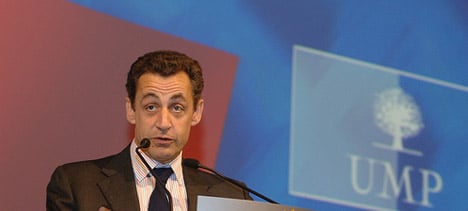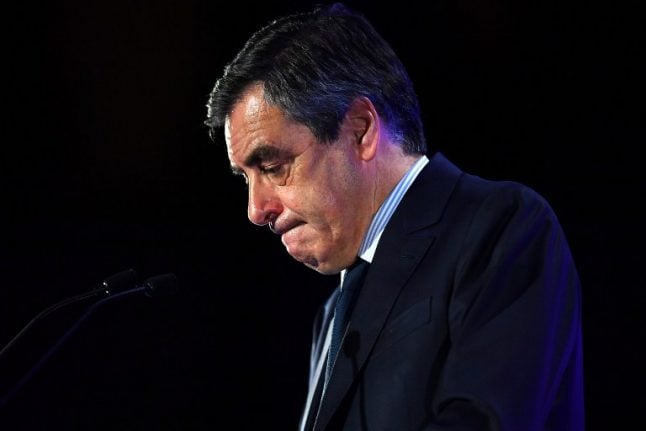Le Maire's withdrawal left Francois Fillon, Sarkozy's prime minister throughout Sarkozy's five-year term, and Jean-Francois Cope, the acting leader of the UMP, as the only two remaining candidates.
Sarkozy stepped down as leader of the UMP party after losing to Socialist rival Francois Hollande in the presidential election in May and nominations to succeed him were due by a deadline of 1800 GMT on Tuesday.
The battle between the two leading candidates has underlined the extent to which Sarkozy remains the dominant figure on the French right, with Fillon accusing Cope of professing a new-found love for the former president, whose son Jean has appeared to back Cope by hosting a meeting for his supporters.
Cope said recently he would step aside if Sarkozy decided to return to frontline politics and contest the next presidential election in 2017.
That prompted a sideswipe from Fillon. "The truth is that Sarkoism is a bit like love, there are those who speak a lot about it because they have reason to do so," he said.
"Their love is fairly recent while there are others who over the years" can prove their love, he said. Candidates required nearly 8,000 nominations from party members to be eligible for the contest.
Le Maire narrowly failed to meet the threshold but may still be a candidate for the presidency in five years time.
Xavier Bertrand, a former labour minister, did get the nominations required but decided not to stand. He is also seen as a possible presidential candidate but, like Cope, has said he will not go up against Sarkozy.
Whoever heads the party will have a strong influence over how policy evolves over the next five years in opposition and will have to heal a party bruised by Sarkozy's defeat.




 Please whitelist us to continue reading.
Please whitelist us to continue reading.
Member comments